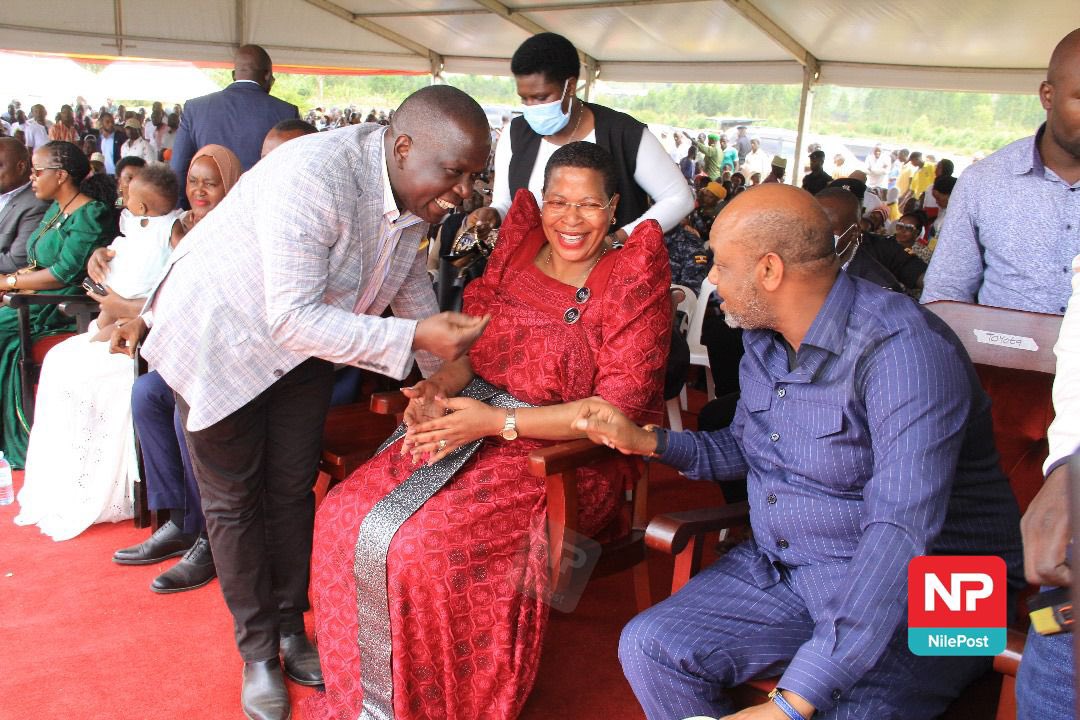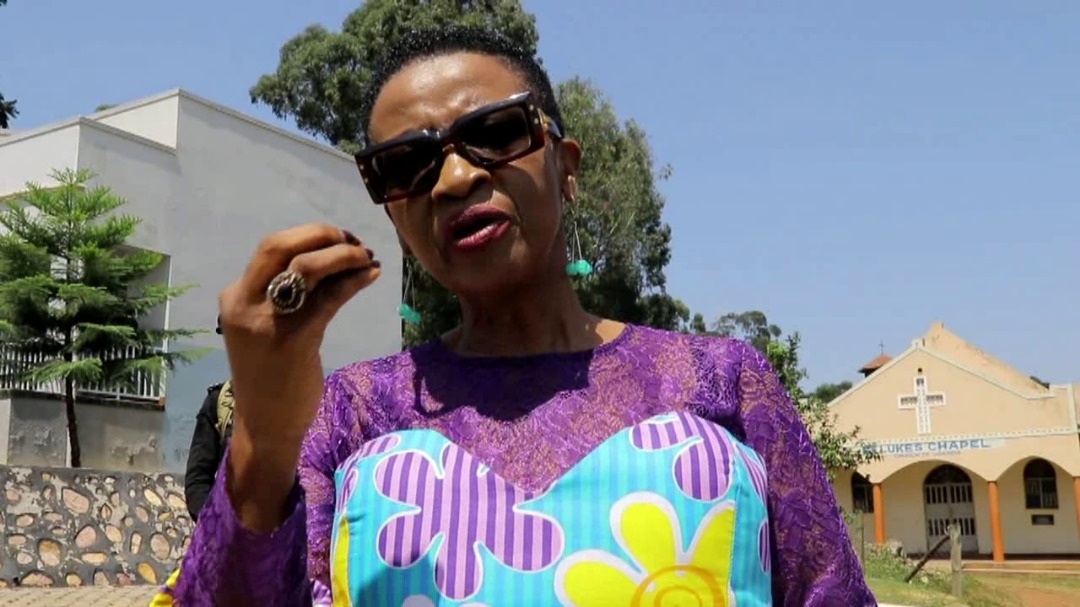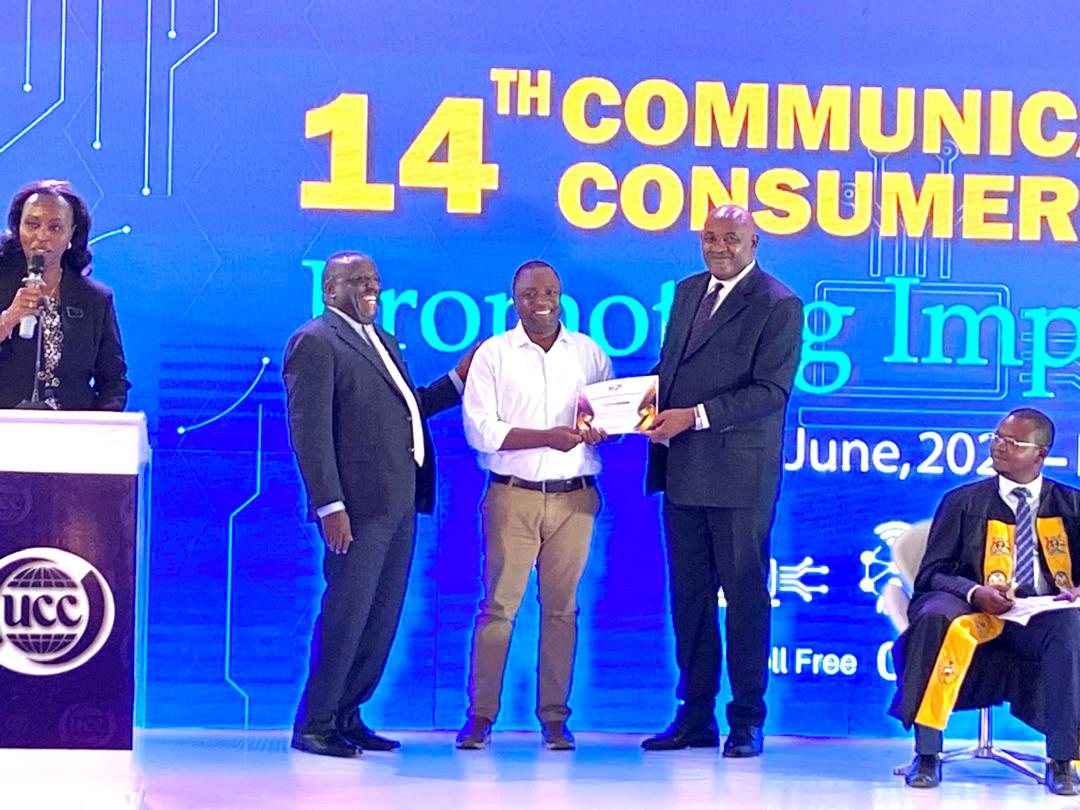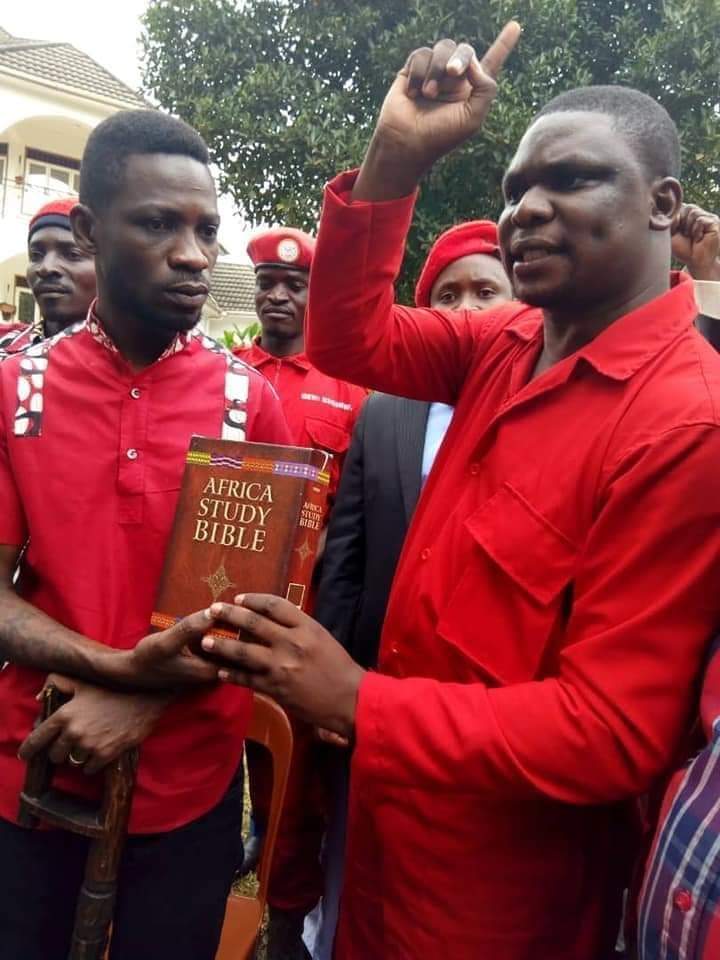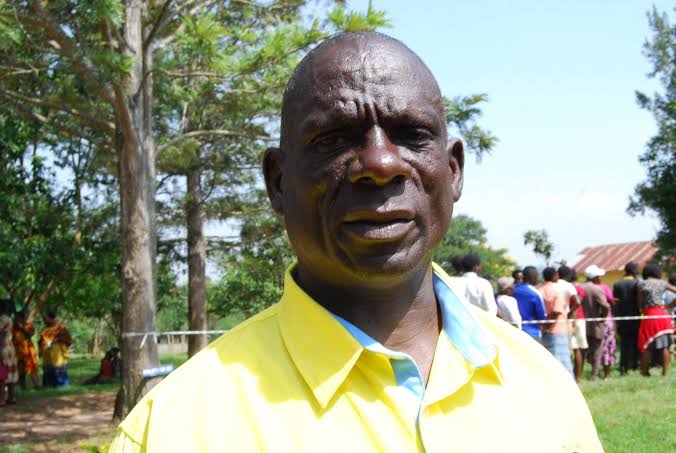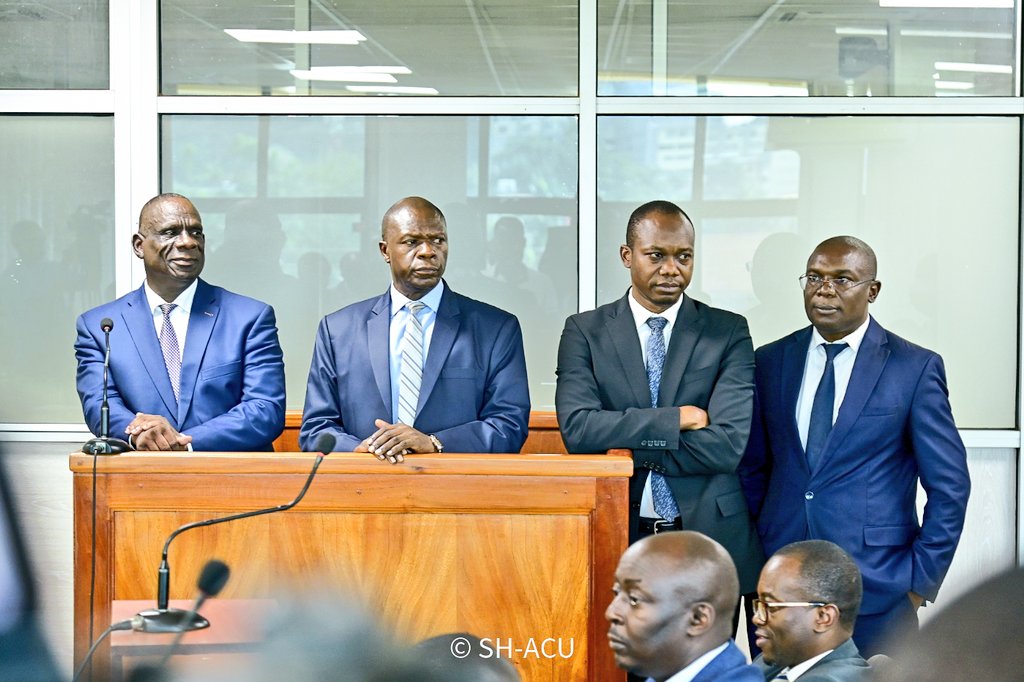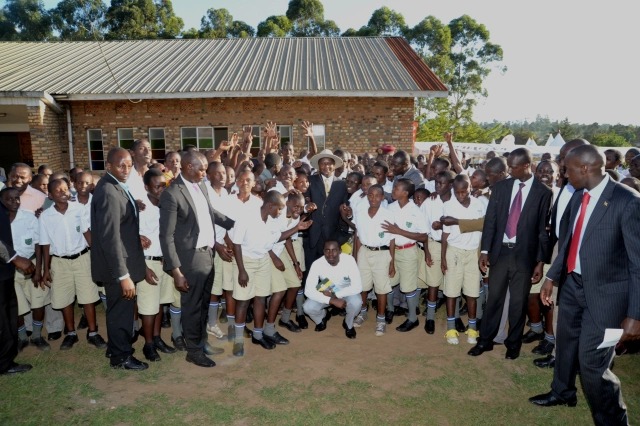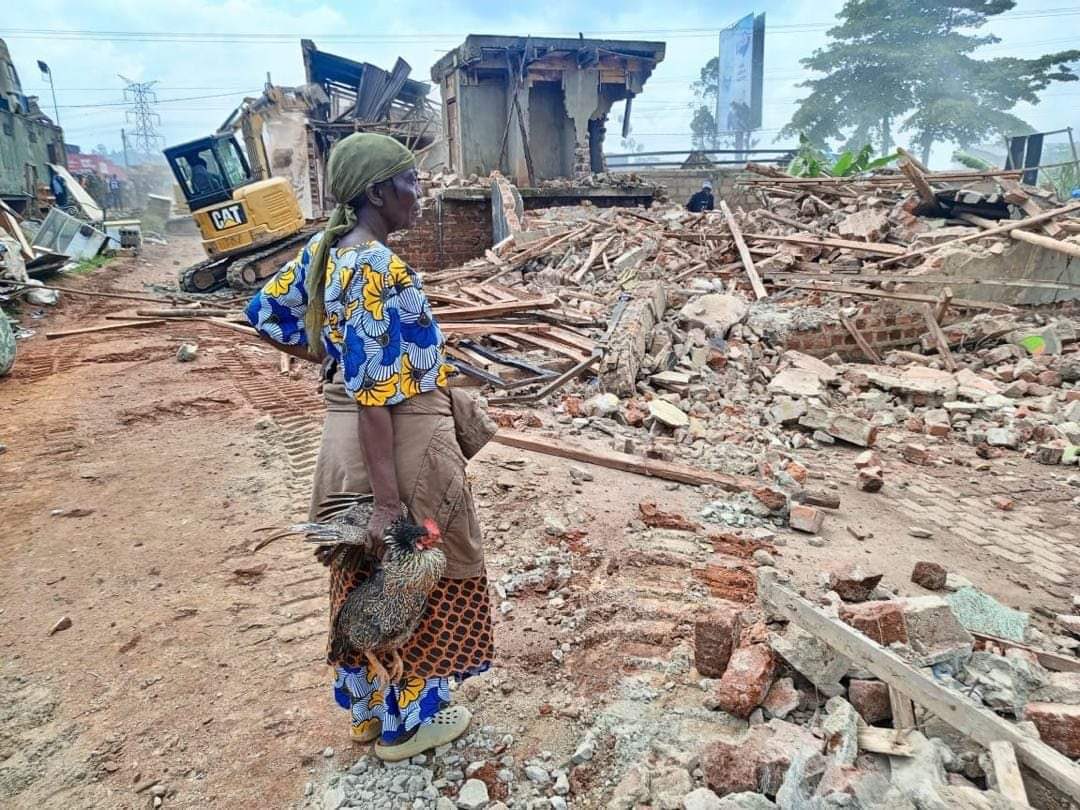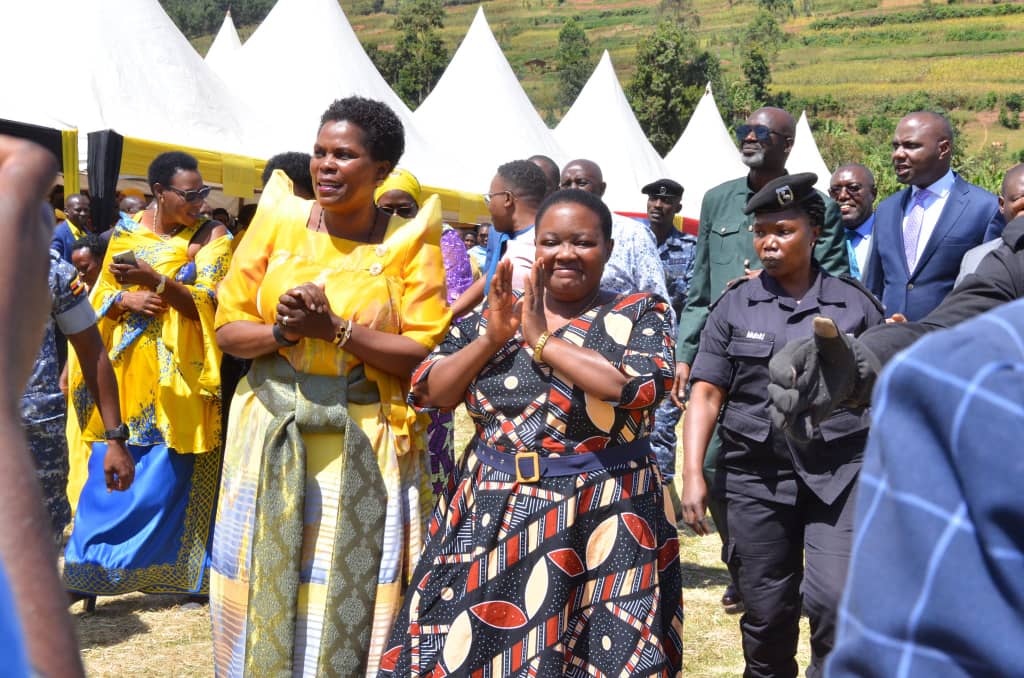Isn't the West using sanctions to benefit from frozen accounts
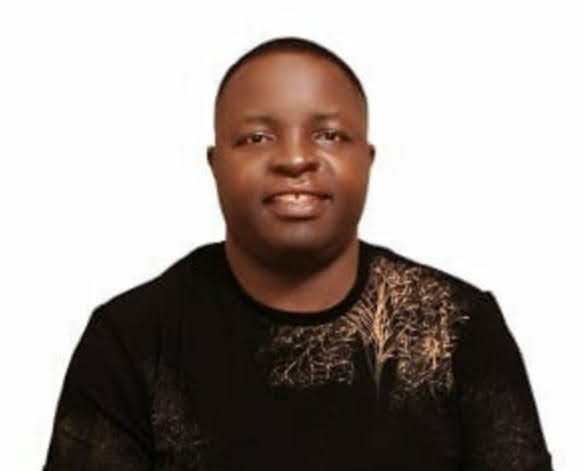
By Frank Asiimwe Mulekwa
Every year, developing countries lose $8 to $100 billion in illicit financial flows to Switzerland alone, according to the Center for Global Development figures released 10 years ago.
Keep Reading
This could have increased due to the rising practice of organized crime, smuggling, corruption, money laundering, tax evasions, or international trade manipulations.
However this corrupt money is being kept in Western banks, generating profits that benefit their countries.
For the last three decades, African economies have lost between $597 billion and $1.4 trillion, nearly the total GDP of Africa.
All this money goes to the West, leaving African countries struggling with poverty, underdevelopment, and injustice.
Only 3% of IFFs are derived from government corruption, while 33% comes from organized criminal activity and 64% from trade manipulations (Open Society Voices, 2015).
One of the ways to fight IFF is the use of sanctions, like the recent ones imposed by the British government on two former Ugandan ministers, including Speaker of Parliament Anita Among.
The Speaker faces a travel ban and asset freezes for allegedly using "illegal money" to buy properties in the UK and running a foreign bank account.
President Museveni has asked the UK government to explain why it gave false information about her.
The main reason for these sanctions is the alleged misuse of iron sheets meant for the poor in the Karamoja region. Two former ministers, Agnes Nandutu and Goretti Kitutu, are also facing the same sanctions over the same issue.
This comes a few years after the US Office of Foreign Assets Control sanctioned Johnson Byabashaija, the Commissioner General of the Uganda Prisons Service, and the former Inspector General of Uganda police, Gen Kale Kayihura, among others, for alleged gross human rights abuses.
If indeed all the accused officials have money in their bank accounts and it's frozen, will the money be returned to the Ugandan government, given the disturbing history of banks in Europe and America refusing to return the money?
For instance, the former President of Nigeria, Sani Abacha, and his cronies stashed about $4 billion in over 130 bank accounts in Australia, New Zealand, London, New York, France, and Switzerland.
He ruled Nigeria between 1993-98, and after his death, this scam was detected, but no effort was made by the political elite in Europe and America to force the banks to return these stolen monies.
Similarly, the former Zairean President, now DR Congo President Mobutu Seseko, had kept billions of dollars in Swiss banks, but only $3 million was declared by the banks.
The Swiss Federal Banking Commission announced that six banks had identified holdings worth $3.4 million connected to Mobutu, his family, or people and companies associated with them. The assets include foreign shares, bonds, securities, and a safe deposit box whose contents were not revealed.
However, his predecessor Laurent Kabila insisted that they had evidence that a substantial portion of the funds and resources that Mobutu stole during his nearly 32 years in power was being locked in Swiss vaults.
All this landed on the deaf ears of these banks, and there was still no political will to put these banks under pressure to release these monies to the poor Congolese.
It's not only banks refusing to return this sanctioned money, but many Western companies have previously been involved in plundering resources in Africa and bribing to get business deals.
For example, in 2002, after a three-year investigation, a UN Panel of Experts implicated companies like Cabot Corporation (Boston), Eagle Wings Resources International, and George Forrest's OM Group (Ohio) for arming rebel groups to traffic minerals. T
hey were trafficking gold, diamonds, timber, and most importantly coltan (columbo-tantalite), a precious ore essential to Sony play stations, laptop computers, and cell phones.
The DR Congo has nearly 50% of the world's coltan, but this precious mineral is trafficked to the West, leaving the poor Congolese in abject poverty.
The author is an NRM publicist from Kampala District.




